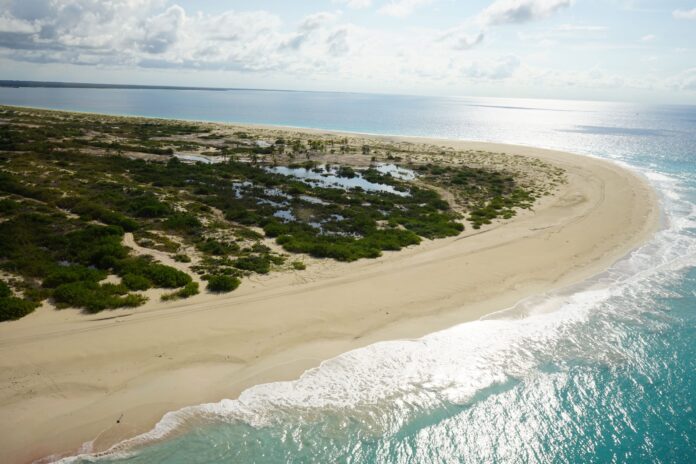A decision will be rendered by the end of next week in the court case involving the Barbuda Council and the Peace Love and Happiness (PLH) investors.
In the meanwhile, an interim injunction was ordered by the High Court of Justice, restraining the PLH from carrying out construction work on its planned golf course, which comprises 300 acres at Palmetto Point.
The Barbuda Council has challenged the work being done by PLH in that area – a United Nations International Convention RAMSAR-protected site – and alleged that it is causing serious destruction to the environment.
Attorney for the Council Sylvester Carrot told the Court that damage to the location could be proven, as it had not been remedied according to the directives of the Department of the Environment.
In fact, Carrot said, the investors had not “even begun the remedial work” and charged that the damage had been done on the PLH property going towards the lagoon and not the Beach House lands, as claimed.
The attorney referred to the destruction as a “common law nuisance.”
According to Carrot, there is a factual dispute between the Development Control Authority (DCA) and the PLH.
He says the Chairperson of the Barbuda Council, Calsey Beazer-Joseph,in her sworn affidavit, said “the environmental destruction occurred within and outside of the leased property, separate and apart from the demised area.”
Carrot contends that if the injunction is kept in place, there will be no disadvantage to the PLH and they can simply carry out the recommendations of the DCA and the DOE.
He argued that “the proper exercise of judicial discretion is to continue the interim stop order to allow the claimant (PLH) to conduct the remedial works in restoring the wetlands.”
Carrot said the Council requires protection, which is the purpose of the injunction, and asked what lies ahead for the small island if the PLH is allowed to continue its wanton destruction of the protected area.
The attorney also asked what benchmark the investors would be held to if the Court were to keep the injunction in place.
Hugh Marshall Jr., who represented the PLH), argued that the destruction had taken place on less than one percent of lands occupied by the golf course.
He said the Court must determine whether it will grant a permanent injunction and not an interim, which was granted over a week ago.
The attorney claims that the former will cause further damage and that PLH, to date, has already incurred significant losses.
PLH has a lease of just under 750 acres, and the Council is alleging that 148 acres have been impacted by the construction of the golf course and the building of an exclusive residential community.
Council officials are calling for a joint inspection of the site by the experts, who would then submit a report, “or, alternatively, we hear from the DOE,” they said.
The concern of the court in framing an order was “what lifts the interim stop order if certain remedial work is done,” Carrot says.
High Court Judge Justice Marissa Robertson has reserved her decision until the end of the week of October 19, 2020.
